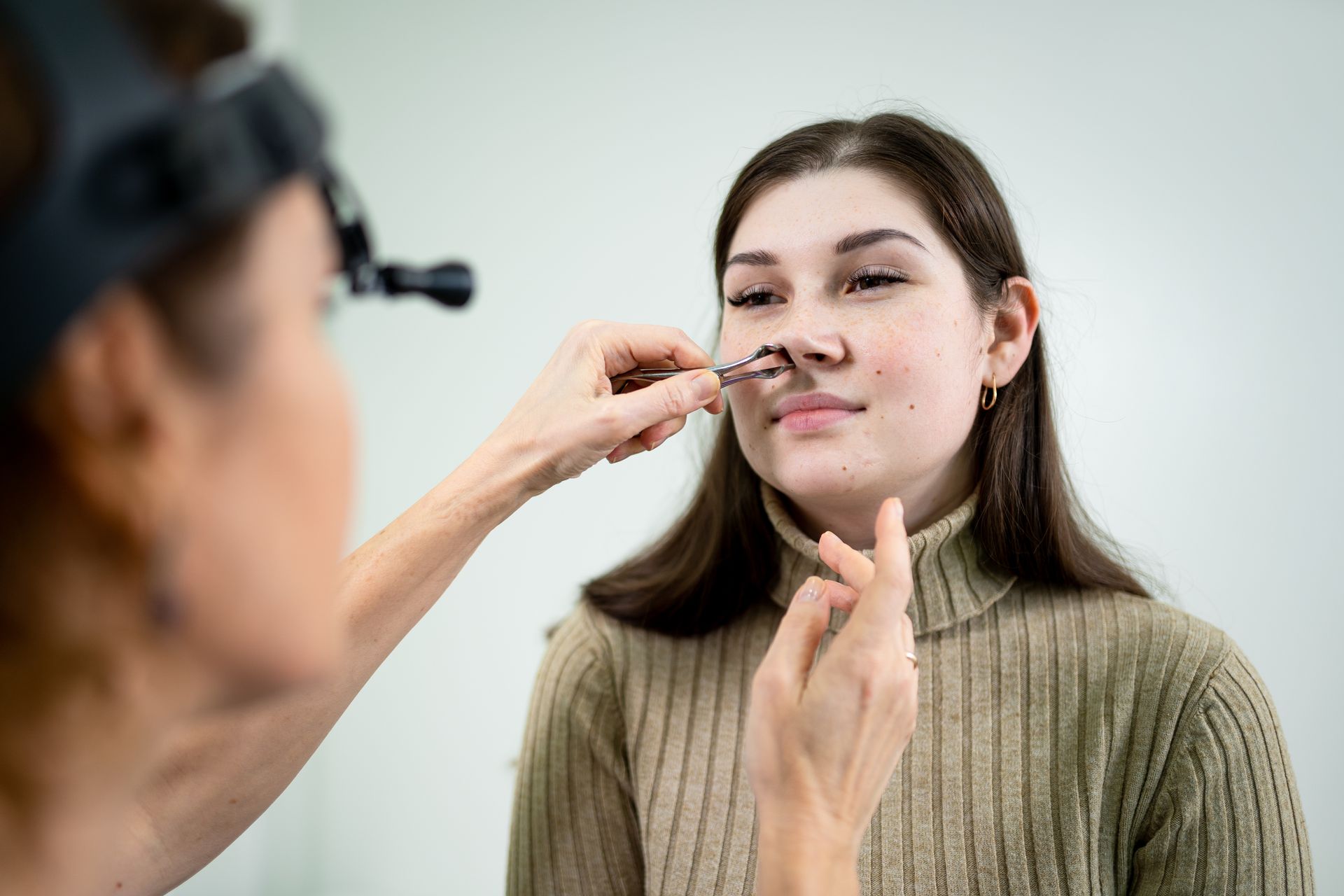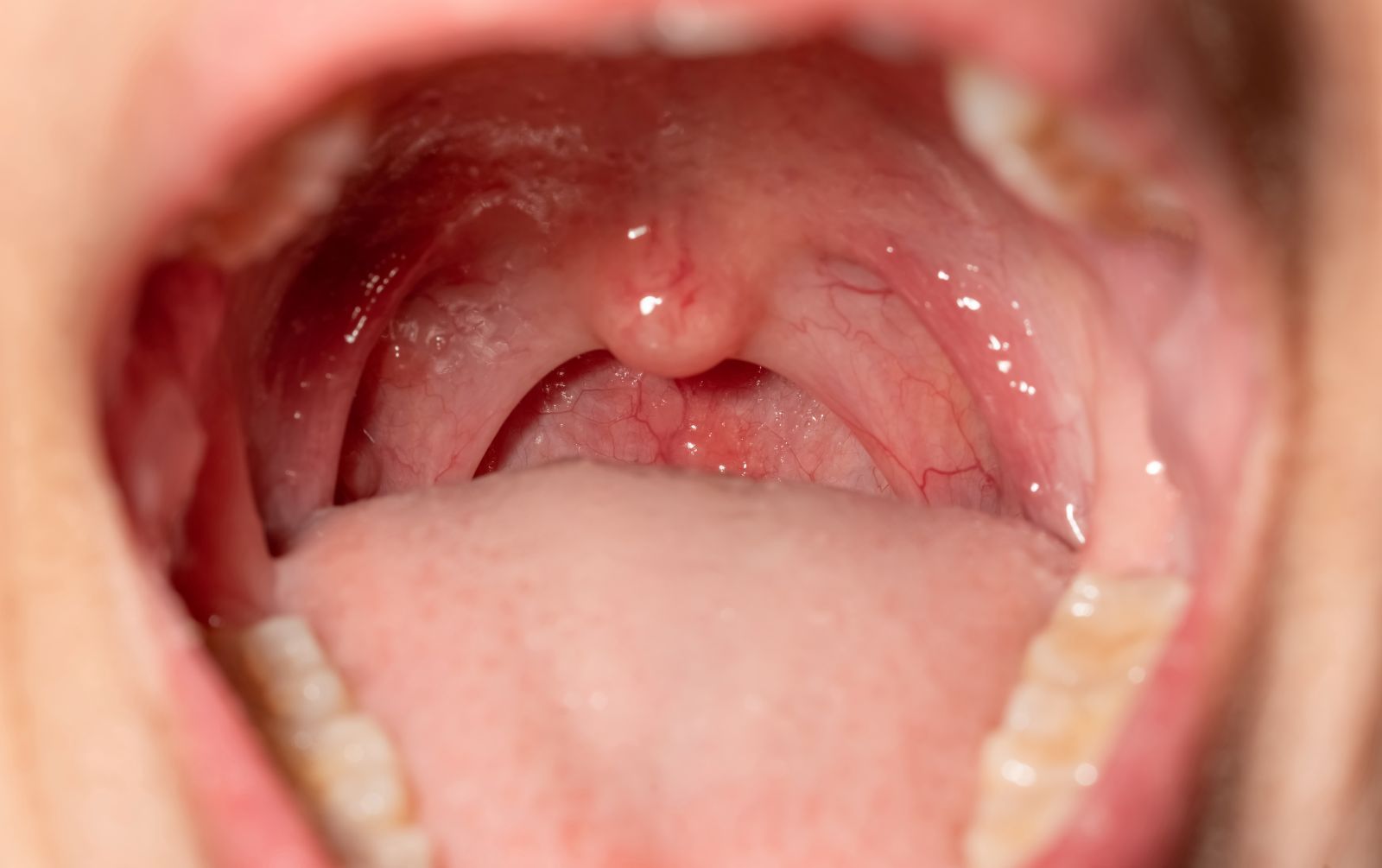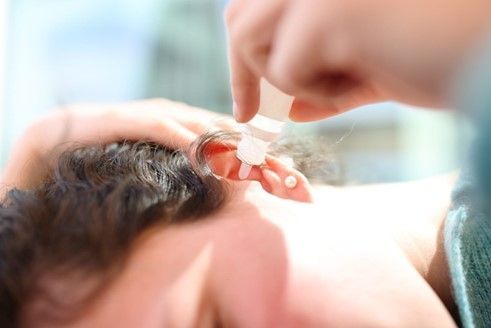What Happens with Untreated Obstructive Sleep Apnea?
You've probably heard that the most important things you can do for your cardiovascular health are regular exercise and a heart-healthy diet. However, it turns out that the quality of your sleep is also crucial to your heart's well-being.
Sleep apnea is a major sleep disorder in which a person's breathing is disrupted while they are sleeping. There are various kinds of sleep apnea, but obstructive sleep apnea (OSA) is the most common. OSA occurs when your throat muscles relax and restrict your airway during sleep.
Sleep apnea can give rise to several health issues if left untreated. Keep reading to learn more.
When Should You See a Doctor?
If you notice any of the following symptoms, contact a doctor to get a proper diagnosis.
● Snoring loudly enough to interrupt your or others' sleep.
● Choking or gasping for air as you wake up.
● Sleeping with a pause in your breathing.
● Experiencing excessive daytime drowsiness, which can make you fall asleep at work, while watching TV, or even while driving.
The severity of obstructive sleep apnea is divided into three categories:
● Severe obstructive sleep apnea
● Moderate obstructive sleep apnea
● Mild obstructive sleep apnea
The seriousness of your sleep apnea and whether or not you have symptoms like fatigue will determine whether or not you need treatment. If you are at risk of heart disease, your doctor may decide to treat you only for mild sleep apnea. For a severe case of sleep apnea, your doctor may insist on treatment even if you're not exhibiting the usual symptoms.
What if Your Obstructive Sleep Apnea Is Left Untreated?
Untreated sleep apnea causes people to stop breathing periodically during the night. People with sleep apnea may experience unexplained exhaustion and mood fluctuations throughout the day. This usually happens because their breathing disturbances constantly wake them up and prevent them from falling into a deep, nourishing sleep.
Untreated sleep apnea can lead to a variety of major health issues, which include:
● Stroke
● Cardiomyopathy (enlargement of the muscle tissue of the heart)
● Heart failure
● Diabetes
● Obesity
● Heart attacks
Because sleep apnea is associated with high blood pressure, it's likely that it can lead to arrhythmias and heart failure. Sleep apnea affects roughly half of all people with heart failure or atrial fibrillation.
This is because sleep apnea can cause:
● Oxygen depletion on a regular basis (what doctors call hypoxia).
● Carbon dioxide levels fluctuate.
● Direct effects on the heart owing to changes in chest pressure.
● Inflammation markers to be at an all-time high
Contact our professionals at Kentuckiana Ear, Nose and Throat if you need to get your sleep apnea symptoms checked. Our physicians provide the entire range of general and pediatric otolaryngology care, as well as sub-specialized expertise in rhinology, laryngology, neuro-otology, and facial plastic surgery. Request an appointment here, and contact us online for more information!













